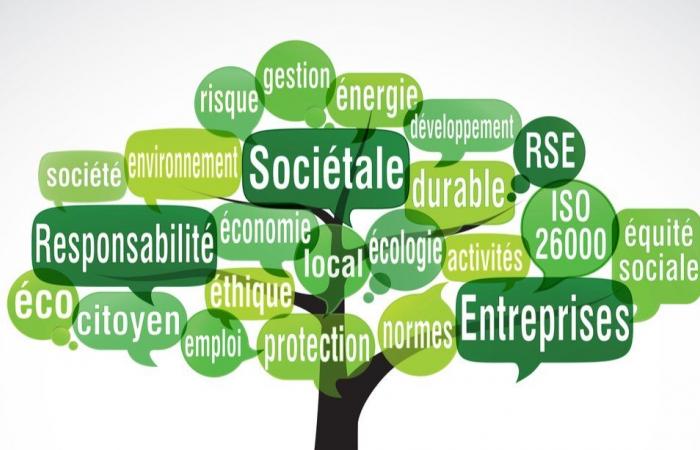The Institution's commitment to such an approach is considered “essential” and comes in response to a duty of vigilance and accountability in the face of strategic and extra-financial risks, with a common objective of contributing to a just transition towards an economy low carbon, and sustainable socio-economic development. “L'ANGSPE ensures the implementation of the environmental, social, societal, ethics and good governance commitments of the State shareholder and ensures the implementation of these commitments across the entire portfolio with specific performance, resilience and responsibility objectives and measurable,” explains the institution.
The CSR strategy in project will be developed on the basis of a study to be commissioned, this December 30, for 1.8 million dirhams. The study will analyze the alignment of the overall strategy, missions and activities of ANGSPE with the Sustainable Development Goals (SDGs) of the United Nations and draw up a map of ANGSPE stakeholders (internal and external) in addition to ensuring a benchmark of best practices in CSR (scope: sovereigns, state agencies and establishments, etc.).
It also involves establishing a dual materiality matrix for the ANGSPE scope with a qualitative and quantitative approach (interviews, focus groups, workshops, etc.) and proposing an operational and detailed CSR action plan based on the deliverables of the previous steps. All accompanied by the formalization of the CSR commitments of the State shareholder within the framework of a CSR charter and ESG policies backed by the CSR charter, in variation of the established action plan, by strategic issue (gender and non-discrimination policy, environment policy, HSS policy, responsible restructuring management policy, societal commitment policy, responsible purchasing policy, etc.) .
Remember that the scope of ANGSPE is made up of 15 public establishments, 35 public companies and 7 public participations, operating in very varied sectors and interacting with all sectors of the national economy. Taking into account the subsidiaries and shareholdings held, this scope represents 322 entities organized around the five sectors of activity. These are “energy, water and industry”, “infrastructure, mobility and logistics”, “territorial planning and real estate activities”, “banks, investment funds and finance” and “digital, digital and transformation”.






